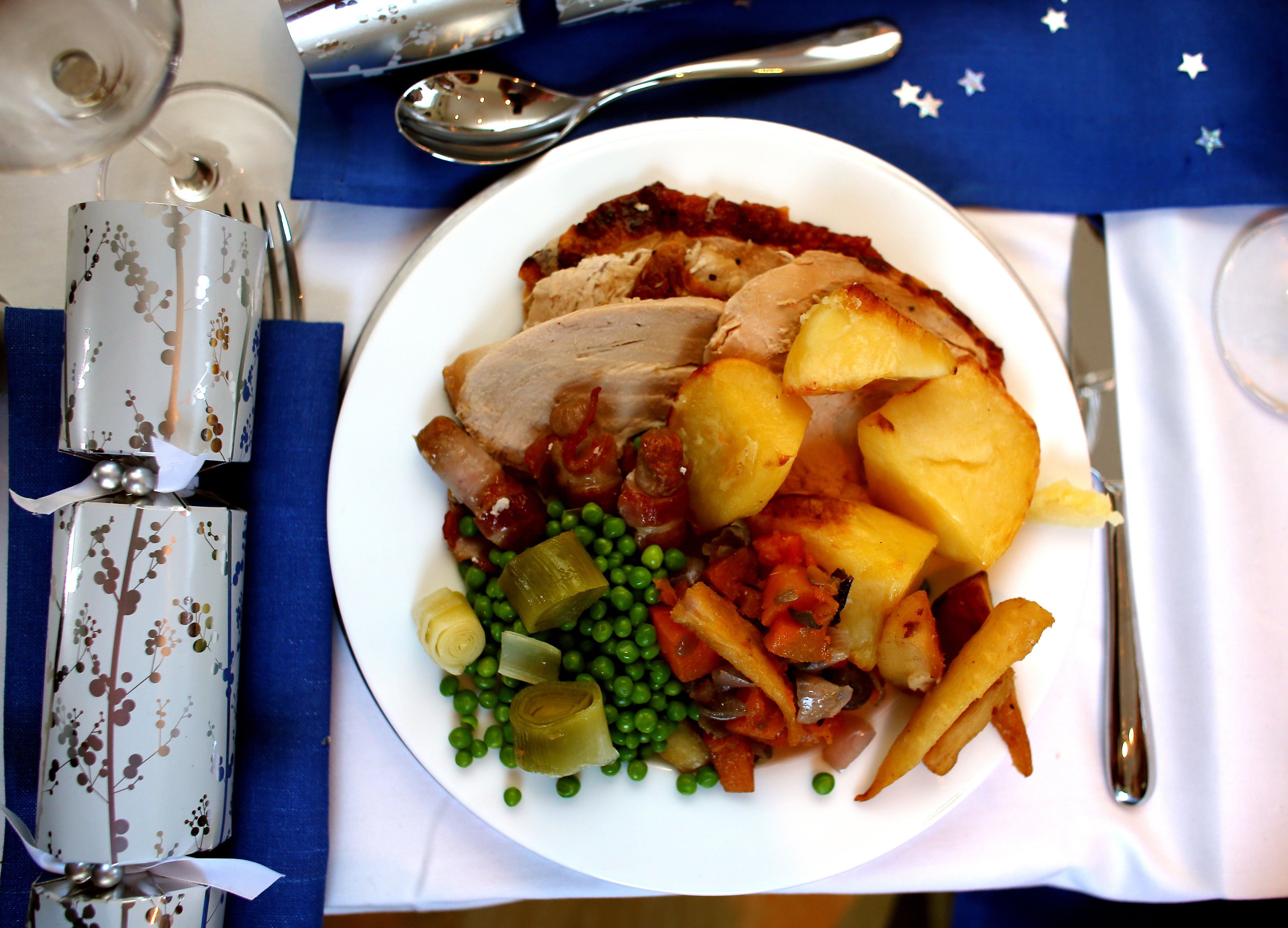Food watchdog warns meat producers of ‘short interruptions’ before Christmas
The FSA has reassured consumers that there was ‘no reason the current pressures will affect the food people want to buy this Christmas’.

The Food Standards Agency (FSA) has warned meat and poultry producers that a shortage of vets could lead to lead to interruptions in their operations in the weeks leading up to Christmas.
Dr Colin Sullivan, the FSA’s chief operating officer, has written to producers of turkey, pork, beef, chicken, lamb, goose and duck in England and Wales to inform them that “ongoing resource challenges” could lead to a “small number of short service interruptions within the weeks prior to Christmas”.
In a separate statement, Dr Sullivan reassured consumers that there was “no reason the current pressures will affect the food people want to buy this Christmas”.
Our meat inspection regime has been very resilient in responding to unprecedented challenges and there is no reason the current pressures will affect the food people want to buy this Christmas.
By law, abattoirs in the UK must have a vet on site.
The vet’s role is to check that animals are in a fit state to be slaughtered, how animals are handled before slaughter and whether or not they are properly stunned.
Dr Sullivan’s letter, marked as “official sensitive”, describes the situation as “highly unusual” and blames the shortage of vets on “EU Exit, increased demand and Covid-19.”
He writes: “It is possible that there might be a small number of service interruptions to FSA inspection work in some abattoirs, or an interruption to some of the services that we aim to provide outside of the delivery of Meat Official Controls, such as the completion of Support Health Attestations (SHA).
“This is highly unusual, and the FSA is doing everything it can to prevent this situation occurring.”
He continues: “Overall, our assessment is that there could be a small number of short service interruptions within the weeks prior to Christmas.
“Please be assured that we will work with you to overcome resource issues and maintain service delivery as best we can, however, your flexibility and co-operation would be appreciated.”
Dr Sullivan said several issues were making it more challenging to maintain appropriate resource levels, including veterinary supply post-Brexit, increased demand and Covid-19.
In his separate statement, Dr Sullivan said: “Our meat inspection regime has been very resilient in responding to unprecedented challenges and there is no reason the current pressures will affect the food people want to buy this Christmas.
“It’s the busiest time of the year for the meat industry, and we’ve written to abattoirs to ensure we work together with the aim of preventing even the smallest disruption to our operations and their production.”
The FSA said its vet partners were currently running at 20% below their optimum level, around 40 to 50 vets, but it expected the situation to improve in the New Year.
Bookmark popover
Removed from bookmarks